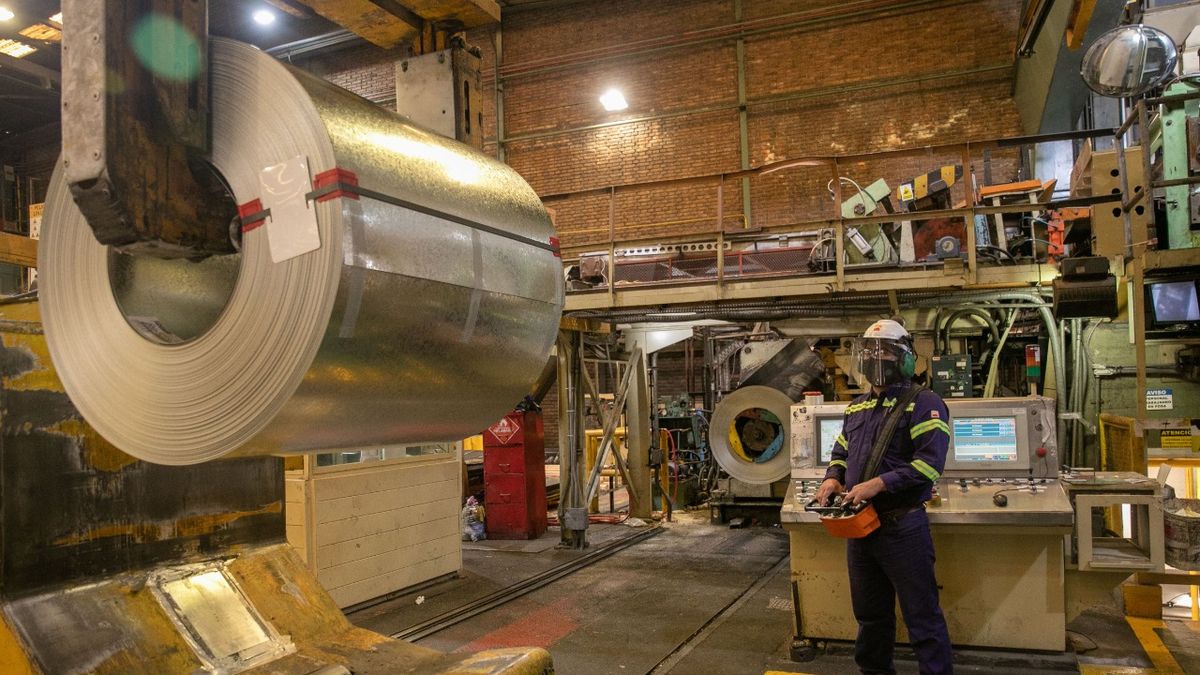The prospects for the sector for this end of the year and 2023 are moderate, due to the global context of inflation and tightening of monetary policies. With a slowdown set to spread across the globe, and with the challenges posed by the invasion of Ukraine and energy issues, Latin America is still expected to grow above the rates of China and the United States, in steel consumption.
This shows how resilient the sector is and reflects its importance to the economy. We are a sector that is committed to growth and generates more than 1.3 million highly qualified direct and indirect jobs in Latin America. Investments in technology, in more efficient products and processes, as well as in the safety and health of people and care for the environment, guide us towards the future.
At this moment of paradigm shift, the pillars that were valid a few years ago are no longer valid. We are living a moment of intense transformations, in which we need to challenge ourselves to continue advancing. In this sense, the Alacero Summit 2022 highlighted the importance of our sector for the economy and indicated three major trends that will guide strategic development in the coming years:
Steel is an essential material for the transition of the energy matrix
Steel is a material that is becoming increasingly important in the energy transition towards sources and materials with less environmental impact. Because it is 100% recyclable and highly versatile, steel can be used in various industries and in new applications in traditional industries.
A good example of this is the expansion of its use in the construction sector. One of the panels in the Summit He showed the possibilities offered by production processes that use steel to assemble houses faster and with greater energy efficiency. The increased use of steel in construction has a multiplying effect on issues such as reducing the housing deficit and gains in the population’s quality of life.
kirchner pipeline.jpg
Ministry of Interior
In this way, the use of steel to replace other raw materials has long-term impacts and drives the evolution of society as a whole. It is important to highlight that the steel produced in Latin America has a carbon footprint around 35% to 40% lower than that manufactured in markets such as China, this is an important differential when the whole world guides its supply chains taking sustainability into account. .
People increasingly at the center and protagonists
The Alacero Summit dedicated a considerable part of the conferences and debates to the “people” factor. And the fact is that people will be even more important to the future of our industry. The need for skilled labor and the talent gaps the world is facing make people management strategic.
Or even more strategic, since the sector needs to compete for talent with technology companies and the entrepreneurial spirit that drives the development of startups. In this sense, we need to strengthen what we call smart skills: those skills related to sensitivity, intelligence and empathy. Technical knowledge can, in some way, be replicated and automated, but the ability to relate to human beings is something unique that we must value so that companies in the sector are increasingly prepared for the future. The great challenge for organizations is to execute the present, unlearning elements of the past to create the future.
Geopolitics favor us
A provocation of Andres Malamud, researcher at the University of Lisbon, sheds light on the opportunities that Latin America can take advantage of. According to him, in a world in which Asia is getting stronger and Europe stops growing, Chinese and Indian influence is spreading over Oceania and Africa. And Latin America? “It is irrelevant globally, but that is very good at the moment, because we can be independent and we can build our history”, said. As long as, of course, we can act together.
The organization of the entire sector around common objectives is one of the keys to Alacero’s activity. The ease of having similar languages helps, but companies, politicians and citizens throughout the region must work to reduce inequality in countries and take advantage of the great potential we have, such as natural wealth and the absence of wars.
Geopolitics shows that we have challenges, but great opportunities. The big question is: how will our leaders act? And how can we, as citizens, demand a more strategic positioning of the political class? Solving this dilemma will lead the entire region to a more prosperous future.
The two days of debates on possible solutions for the decarbonization of the industry, including those that involve disruptive technologies such as green hydrogen, show that the steel sector in Latin America is preparing to assume a leading role in facing the challenges of the future. We continue with our mission of promoting the development of the sector and generating more business opportunities, employment and prosperity for the countries of the region.
Executive Director of Alacero, Latin American Steel Association.
Source: Ambito
David William is a talented author who has made a name for himself in the world of writing. He is a professional author who writes on a wide range of topics, from general interest to opinion news. David is currently working as a writer at 24 hours worlds where he brings his unique perspective and in-depth research to his articles, making them both informative and engaging.




